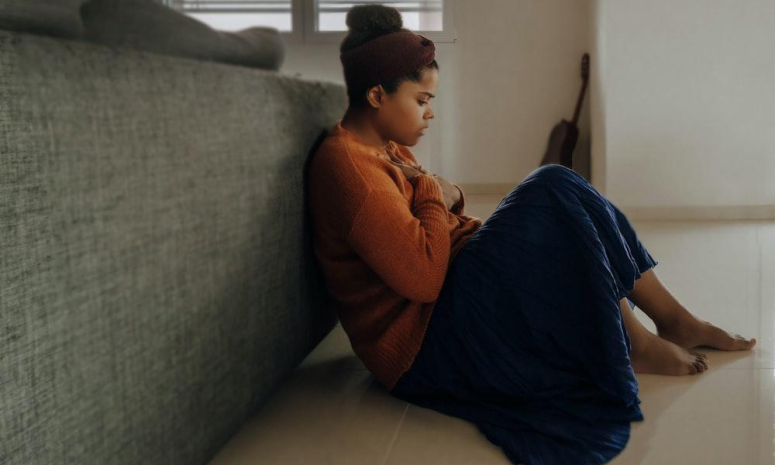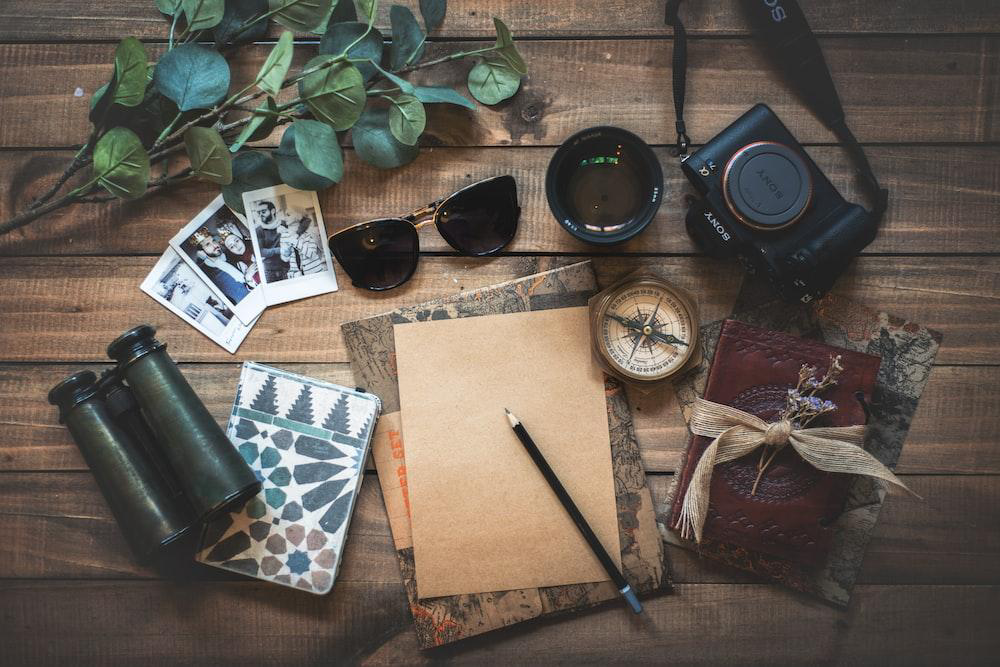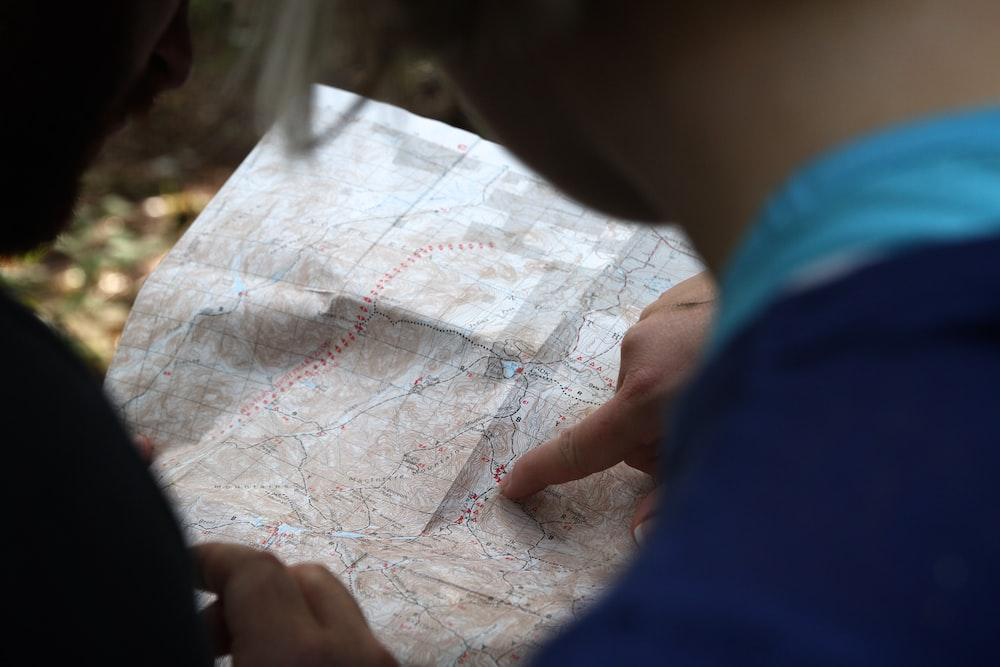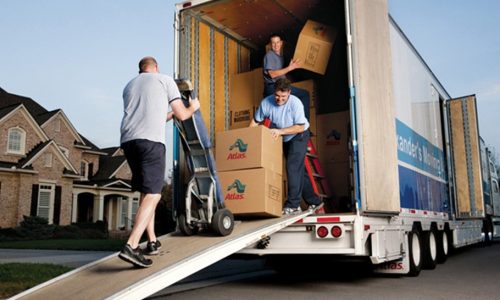
Travel anxiety can be brought on by the stress of preparing for a trip and the dread of visiting a foreign, unfamiliar place.
While not a recognized mental health condition, some people experience considerable anxiety when planning trips, which keeps them from taking a vacation or fully appreciating the experience.
Discover some of the most frequent signs and causes of travel anxiety and advice and therapies to help you overcome it.
What causes travel anxiety?
A variety of experiences might lead to negative associations with travel. According to one study, 65 percent of persons who had been in a catastrophic car accident acquired travel anxiety.
An anxiety attack when traveling could be made worse by being in an unfamiliar setting. Some people may become apprehensive about negative travel experiences, such as aircraft disasters or foreign infections.
Additionally, potential biological risk factors may be a factor in anxiety disorders. Certain researchers have found solid genetic links between the onset of adolescent anxiety and other factors. They also found that individuals with anxiety problems could detect specific brain changes via neuroimaging.
1. Use Delta 8

As already stated, Delta 8 can bind with the CB1 receptors in the body with few side effects. These receptors can then interplay with the body’s normal physiology and regulate the anxiety centers. The anxiolytic properties of the THC vape relieve anxieties and generate a wave of generalized relaxation. using delta 8 and its impact on a drug test can also be known.
This can be incredibly helpful for people who deal with various stress and anxiety levels.
2. Plan
Remember how humans have an intense fear of the unknown? It’s impossible to plan out every single detail of a vacation. However, you *can* plan for your most-feared eventualities.
What if I get sick?
Firstly, purchasing travel health insurance before a vacation is always a good idea. But don’t stop there. You could compile a list of your medications in case you need to visit a pharmacy. Or you could carry a note detailing your medical conditions with you at all times.
What if the airline loses my luggage?
This is a terrible situation. Is it, however, the end of the world? You might pack essentials in your carry-on bag and make sure you have enough cash to buy extra clothes and toiletries.
What if I get lost?
Sure, bring an additional phone charger, a guidebook, and a printed trip map. Note the address and phone number of your hotel(s). Some passengers even use Google Street View to locate landmarks near their hotel before their trip.
What if I lose all my money?
Anti-theft bags and even scarves are available to deter would-be pickpockets. However, it would be best if you considered having an emergency credit card and the contact information of someone who can transfer you money in an emergency.
Rather than succumbing to general anxiety of “what-ifs,” identify your top three concerns. Then plan for those scenarios.
3. Plan for responsibilities at home while you’re away
Others get uneasy at the thought of leaving home. It might be distressing to leave the house, kids, or pets alone. However, being away from home might help reduce that anxiety, much like preparing for a trip.
Ask a dependable friend to stay at your house while you’re away, or hire a house sitter to do it for you. A qualified sitter will provide regular updates and communication while you are away from your house, kids, or pets.
4. Anticipate the positives

According to research, looking for good future events activates the area of the brain associated with happiness.
So, if you make pessimistic trip predictions, grab a piece of paper and a pen. Make a list of everything enjoyable, pleasant, or relaxing that could happen while traveling. What are you looking forward to doing? Whom will you get to see on the other side of your journey?
Keep that list handy. Take it out and read it whenever you feel travel anxiety.
5. Pinpoint your triggers

If you’ve been dealing with anxiety for a while, you’re undoubtedly aware of which experiences and situations trigger your symptoms.
Here are a few travel-specific triggers:
- fear of flying
- concerns over getting lost
- worrying about how to pay for the trip
However, several general stressors may worsen travel anxiety:
- too much caffeine, sugar, or alcohol
- dehydration
- low blood sugar
- lack of sleep
Bottomline
If you suffer from travel anxiety, you may find it challenging to engage in or enjoy traveling. Mindful preparation before a trip can help reduce your negative emotions about traveling.
Mindfulness, distractions, and even medicine are all possibilities for minimizing travel anxiety while on the road.
Significantly, anxiety disorders, including travel anxiety, can be effectively managed with psychotherapy and medication.




